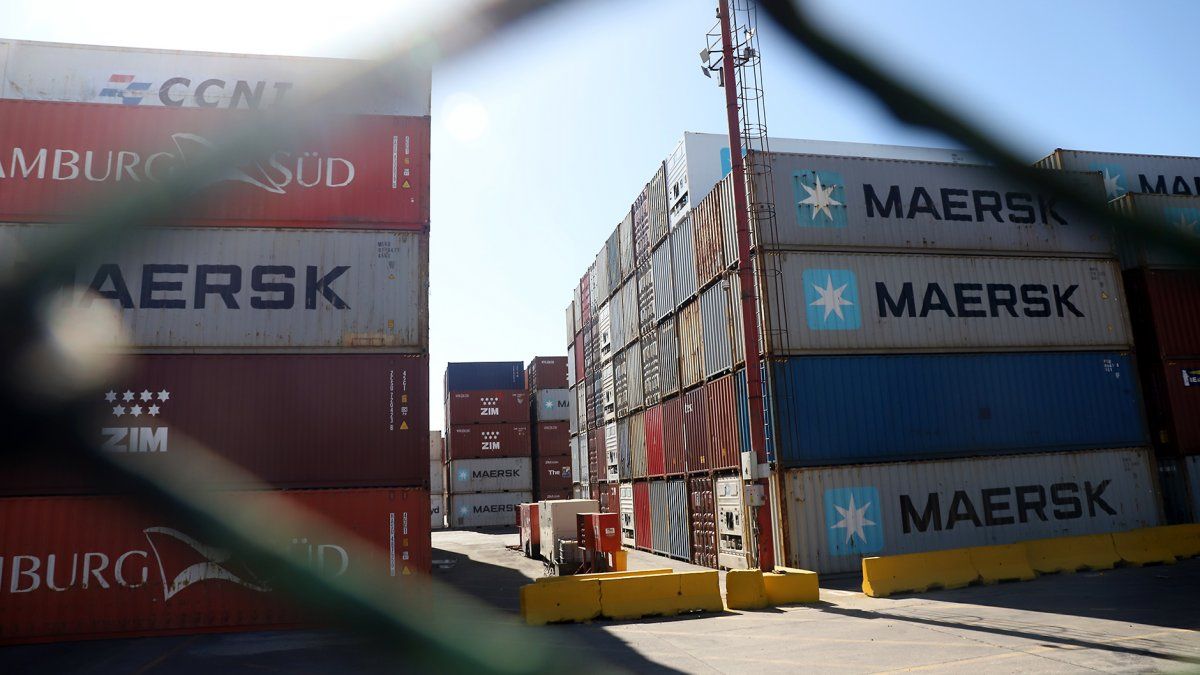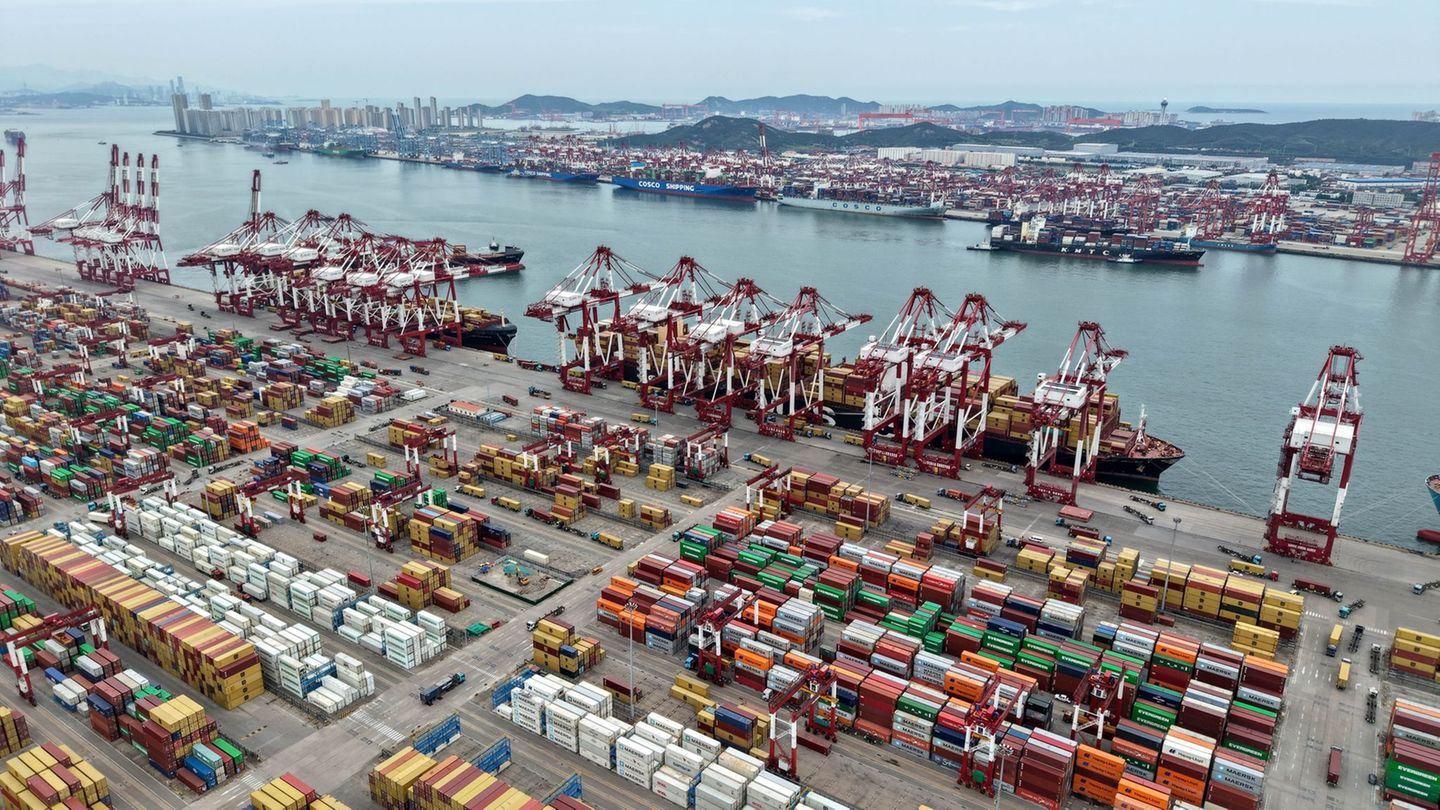The commercial debt by imports of goods reached US$34.3 billion at the end of the first quarter, the highest figure on record, according to a private study.
This result is the result of an increase of US$12.2 billion during 2022, plus a new increase of US$2.7 billion between January and March of this year.
This was indicated by a work by the Ecolatina consultant, who stated that “the commercial debt for imports of goods is the highest in Argentine history, even measured in constant currency”.
The $12.2 billion accumulated last year represents more than a third of the total outstanding.
“This growth, equivalent to more two months of importsrepresented an alternative source of financing in the face of the severe drought impact and the meager BCRA international reserves“, considered the consultant.
Debt-comex-3.png
Imports: the inheritance for a possible new government
The work in charge of Santiago Manoukian considered that “the high stock will represent a burden for the next government, since it constitutes a suppressed demand for foreign exchange. This factor will be one of the keys to consider when deciding whether the disarmament of the exchange rate will be faster or gradual over time.”
“The incoming government will have to administer a major business debt (than the one received in 2015) with a stock of reserves in negative territory and will not have access to international credit on this occasion”.
However, he pointed out some positive aspects since “from December it would have favorable flows on the external front: the end of the drought and the greater impact of the start-up of the NK Gas Pipeline, which we estimate will allow reversing the structural deficit of the energy balance” .
To this he added “the exchange correction -and with it a smaller gap- or an eventual unification would discourage the demand for imports”.
However, he warned that “a scenario of liberalization of flows (demand for imports, savings, etc.) and stocks (commercial debt, payment of dividends, etc.), faced with little firepower from the BCRA and without significant access to credit International law imposes a question mark on the behavior of the exchange rate and its eventual consequences on prices and economic activity in general”.
Source: Ambito




